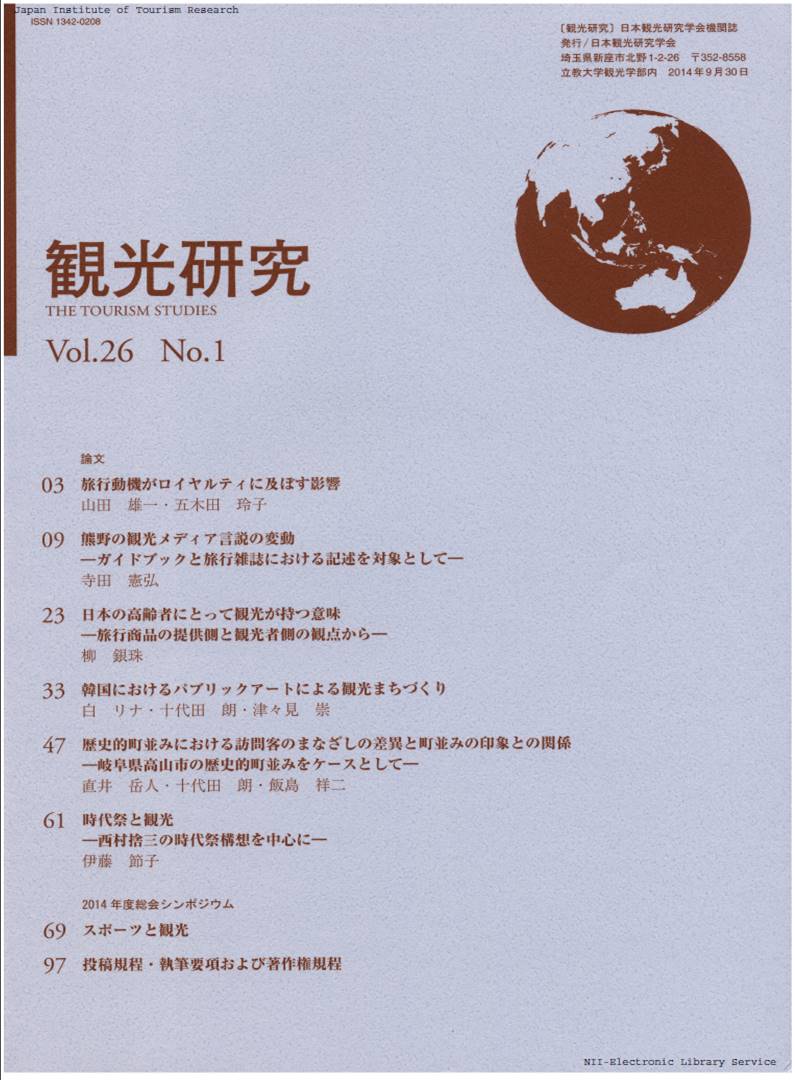Volume 34, Issue 1
Displaying 1-5 of 5 articles from this issue
- |<
- <
- 1
- >
- >|
Peer reviewed paper
-
2022Volume 34Issue 1 Pages 5-16
Published: 2022
Released on J-STAGE: April 01, 2023
Download PDF (1069K) -
2022Volume 34Issue 1 Pages 17-30
Published: 2022
Released on J-STAGE: April 01, 2023
Download PDF (2706K) -
2022Volume 34Issue 1 Pages 31-50
Published: 2022
Released on J-STAGE: April 01, 2023
Download PDF (3262K)
Note
-
2022Volume 34Issue 1 Pages 51-58
Published: 2022
Released on J-STAGE: April 01, 2023
Download PDF (1325K)
Editorial
-
2022Volume 34Issue 1 Pages 59-64
Published: 2022
Released on J-STAGE: April 01, 2023
Download PDF (969K)
- |<
- <
- 1
- >
- >|
